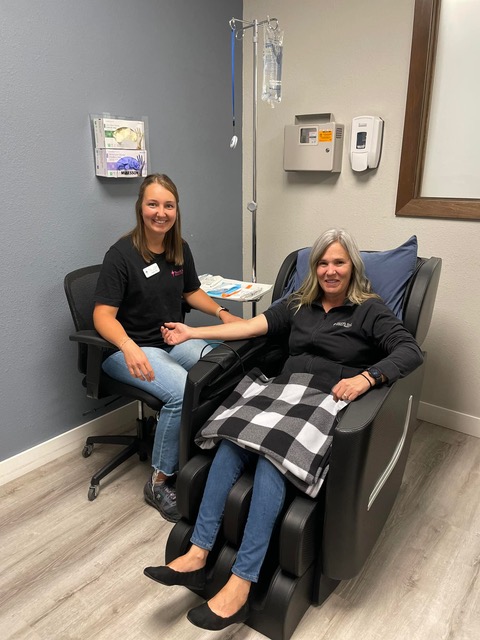- Blood pressure
Blood pressure is one of the most important screenings because high blood pressure usually has no symptoms – so it can’t be detected without being measured. High blood pressure greatly increases the risk of heart disease and stroke.
Genetics, for some reason, offer a reason to get checked: after age 65, women have a higher risk of high blood pressure than man. Likewise, black men of all ages have a higher-than-average risk.
If your blood pressure is below 120/80 mm Hg – a level considered normal – be sure to measure it at least once every two years starting at age 20. If your blood pressure is higher, we may want to check it more often. That is why it is important to have a primary care provider that you complete routine annual exams with so they can help you keep an eye on critical numbers.
High blood pressure can be controlled through lifestyle changes or, in some cases, medication.
- Fasting lipoprotein profile (cholesterol and triglycerides)
You should have a fasting lipoprotein profile (lipid panel) taken according to your risk factors. This is a multifaceted blood test that measures total cholesterol, LDL (bad) cholesterol, HDL (good) cholesterol, and triglycerides.
You may need to be tested more frequently if your health care provider determines that you’re at an increased risk of heart disease or stroke. Older women tend to have higher triglycerides levels than men.
Like high blood pressure, cholesterol and triglycerides often can be controlled through lifestyle changes, or with the assistance of supplements or medications.
- Body weight
About two of every three adults in the United States are overweight or obese – putting them at a higher risk for heart disease, stroke, high blood pressure, diabetes, and other health problems.
- Blood glucose
Starting at age 45, you should have your blood glucose levels checked at least every three years. High blood glucose levels put you at greater risk of developing insulin resistance, prediabetes, and type 2 diabetes.
Left untreated, diabetes can lead to many serious medical problems, including heart disease and stroke. If you’re overweight and have at least one additional cardiovascular risk factor, such as high blood pressure or high cholesterol, we may recommend a blood glucose test even if you’re not yet 45 (or more frequently than once every three years).
- Smoking, physical activity, diet
Smoking is the most important preventable cause of premature death in the United States. If you smoke, tell us on your next visit at North Star Family Medicine. We can suggest approaches to help you quit. At that appointment we can also discuss your diet and level of physical activity. Together, we can come up with practical easy solutions to incorporate into your day to day to help you become the best version of yourself.





